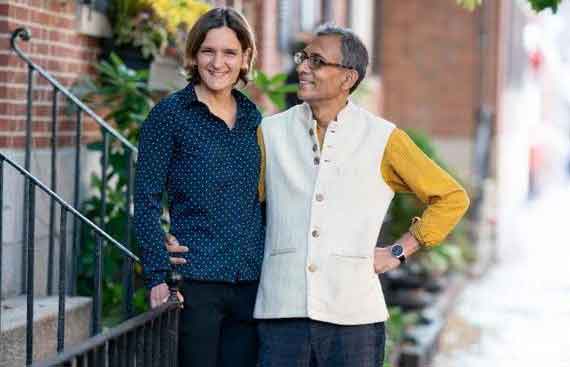Nobel Laureate Duo Wants To Ensure Dignity For All

Nobel laureates Abhijit Banerjee and Esther Duflo want to ascertain that every system in the world ensures dignity for every person.
FREMONT, CA: Nobel laureates Abhijit Banerjee and Esther Duflo stressed the need to establish that every system in the world ensures dignity for every individual as a core belief.
During the launch of their book “Good Economics for Hard Times,” published by Juggernaut, Banerjee said, they can’t treat the economically backward as failures that would be a very Victorian approach.
When the duo was talking about their work to an audience that mostly comprised youngsters from different walks of life and not just economics, they tried to stay away from jargon. They have donated their Nobel Prize money to the Weiss Fund administered by Harvard for research in development economics, ensured that the session punctuated with humor stayed relaxed and interactive.
When asked about the economic slowdown in India, he commented that it was essential that there were no more cuts in corporate taxes.
Banerjee believes that, it is necessary to understand that the corporate sector is not short of cash just that it is not investing. The government has also ensured that almost everybody has a bank account; therefore, the infrastructure is in place. Numerous measures can be taken to arrest the downward slide of the economy.
Duflo said that when they were studying the impact of women as head of panchayats, they found them merely puppets. However, their research proved that they might be shy and not talk much, but had done some remarkable work in creating infrastructure.
His view about the ongoing protests against the Citizenship Amendment Bill is that it can be a frightening governance problem, and he would be petrified if he were living in a border area. Such decisions should not be made with a swift bill.
The duo along with Sendhil Mullainathan founds pal (the Abdul Latin Jameel Poverty Action Lab). Now it has offices on every continent. It conducts studies more than 70 countries, with the largest set-up being in India boasting of over 150 staff members.

.jpg)
.jpg)
